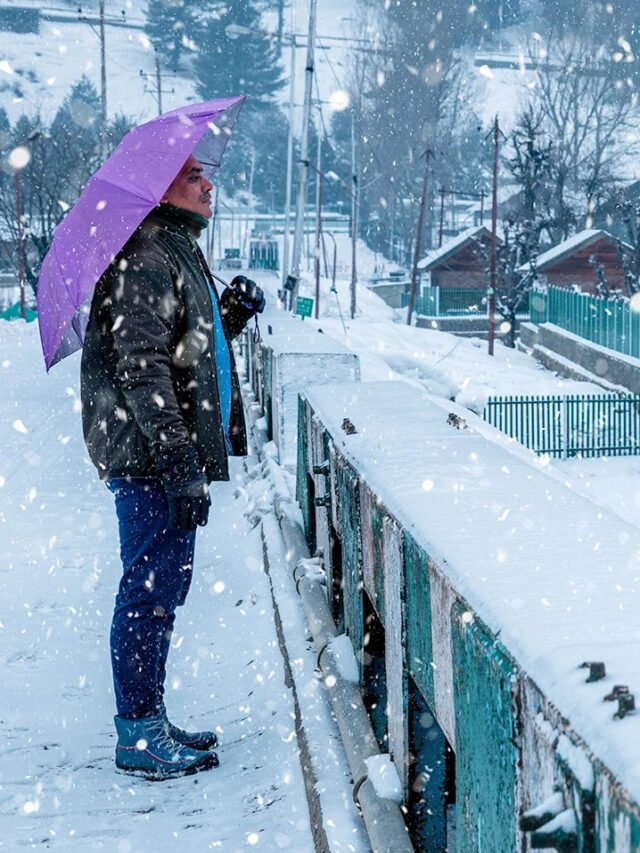West Bengal Chief Minister Mamata Banerjee is facing a severe public backlash over her handling of the rape and murder of a trainee doctor in Kolkata. The horrifying crime, which took place within the walls of a government hospital, has shaken the state, sparking nationwide protests. The case has now been transferred to the CBI by the Calcutta High Court, a move that reflects the growing mistrust in the local police and the state government’s intentions. Banerjee’s response, or rather lack of it, has been met with widespread outrage. Her initial attempts to downplay the incident, coupled with a delayed and cryptic public statement, have only intensified the public’s anger. It took the intervention of the High Court to shift the case to a CBI probe, a decision that came swiftly and decisively, underscoring the gravity of the situation. The comparisons to the 2012 Delhi gang-rape case, known as the Nirbhaya case, are unavoidable. Both incidents have become symbols of the deep-seated issues of women’s safety in India, and both have placed the spotlight on the governments in power. However, unlike in the Nirbhaya case, where public outrage forced swift political and legal action, Banerjee’s handling of this case seems to suggest a worrying complacency, if not outright denial.
This is not the first time Banerjee’s administration has been accused of insensitivity towards victims of violence. The Sandeshkhali incident still lingers in the public consciousness, and now, this latest tragedy only adds to the perception of a leader out of touch with the people she governs. The Chief Minister’s attempts to limit the political damage are evident – from the removal of the RG Kar Medical College principal, who was quickly reinstated at another institution, to the defensive stance taken by the state machinery. Yet these efforts have done little to quell the growing discontent. Banerjee’s INDIA bloc allies, including Samajwadi Party’s Akhilesh Yadav, have remained largely silent, while Congress leader Rahul Gandhi’s condemnation came late, only after the issue dominated headlines. The lack of a unified response from her political partners only highlights the challenges Banerjee faces within her own alliance. The broader question is whether this incident will erode public trust in her leadership as the state approaches future elections. For a leader who prides herself on being in tune with the people, Banerjee’s reaction to this tragedy is baffling. The victim’s family has publicly expressed their distrust in the government’s handling of the case, and this sentiment is echoed by many across the nation. The fact that the Chief Minister, a woman herself, has failed to offer any reassuring words to the victim’s family or to the protesting medical community speaks volumes.
The CBI investigation will now unfold under the watchful eye of the High Court, but the damage to Banerjee’s reputation may already be done. Her image as the caring ‘Didi’ of West Bengal has been severely tarnished, and the public perception of her as an arrogant leader unwilling to confront uncomfortable truths is gaining ground. In a democracy, such perceptions can have far-reaching consequences. As protests continue and the investigation progresses, Mamata Banerjee will need to carefully navigate the fallout from this tragedy. Whether she can regain the trust of her constituents remains to be seen, but one thing is clear – this is a moment of reckoning for her leadership.











